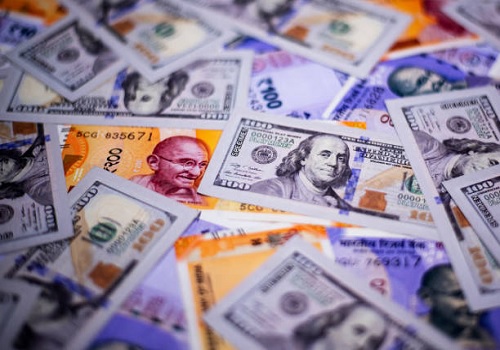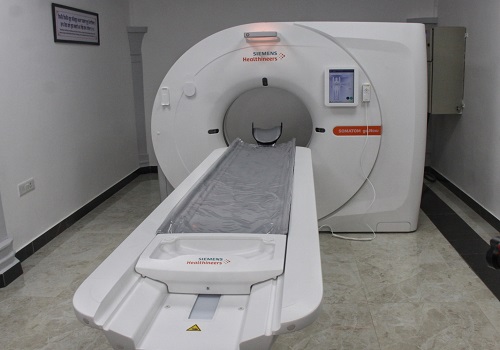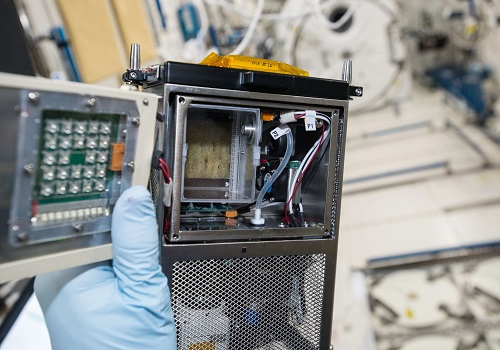ChatGPT-like GenAI model to help design new drugs

A team of scientists has developed a new ChatGPT-like generative artificial intelligence (AI) model that can design new drugs to treat disease.
ChatGPT gained fame in 2023 for writing emails, cracking medical and administrative examinations as well as diagnosing patients.
Inspired by ChatGPT's popularity and wondering if this approach could speed up the drug design process, scientists in the Schmid College of Science and Technology at Chapman University in California, US decided to create their own GenAI model.
The platform, named "drugAI," allows users to input a target protein sequence (for instance, a protein typically involved in cancer progression).
DrugAI, trained on data from the comprehensive public database BindingDB, can generate unique molecular structures from scratch, and then iteratively refine candidates, ensuring finalists exhibit strong binding affinities to respective drug targets -- crucial for the efficacy of potential drugs.
The model identifies 50-100 new molecules likely to inhibit these particular proteins.
"This approach allows us to generate a potential drug that has never been conceived of," said Dr. Hagop Atamian from the. "It's been tested and validated. Now, we're seeing magnificent results."
Researchers assessed the molecules drugAI generated along several criteria, and found drugAI's results were of similar quality to those from two other common methods, and in some cases, better.
They found that drugAI's candidate drugs had a validity rate of 100 per cent -- meaning none of the drugs generated were present in the training set.
DrugAI's candidate drugs were also measured for drug-likeness, or the similarity of a compound's properties to those of oral drugs, and candidate drugs were at least 42 per cent and 75 per cent higher than other models.
Plus, all drugAI-generated molecules exhibited strong binding affinities to respective targets, comparable to those identified via traditional virtual screening approaches.
In a different experiment, screening methods generated a list of natural products that inhibited Covid-19 proteins; drugAI generated a list of novel drugs targeting the same protein to compare their characteristics.
They compared drug-likeness and binding affinity between the natural molecules and drugAI's, and found similar measurements in both -- but drugAI was able to identify these in a much quicker and less expensive way.
Plus, the scientists designed the algorithm to have a flexible structure that allows future researchers to add new functions.
"That means you're going to end up with more refined drug candidates with an even higher probability of ending up as a real drug," said Dr. Atamian. "We're excited for the possibilities moving forward."
























